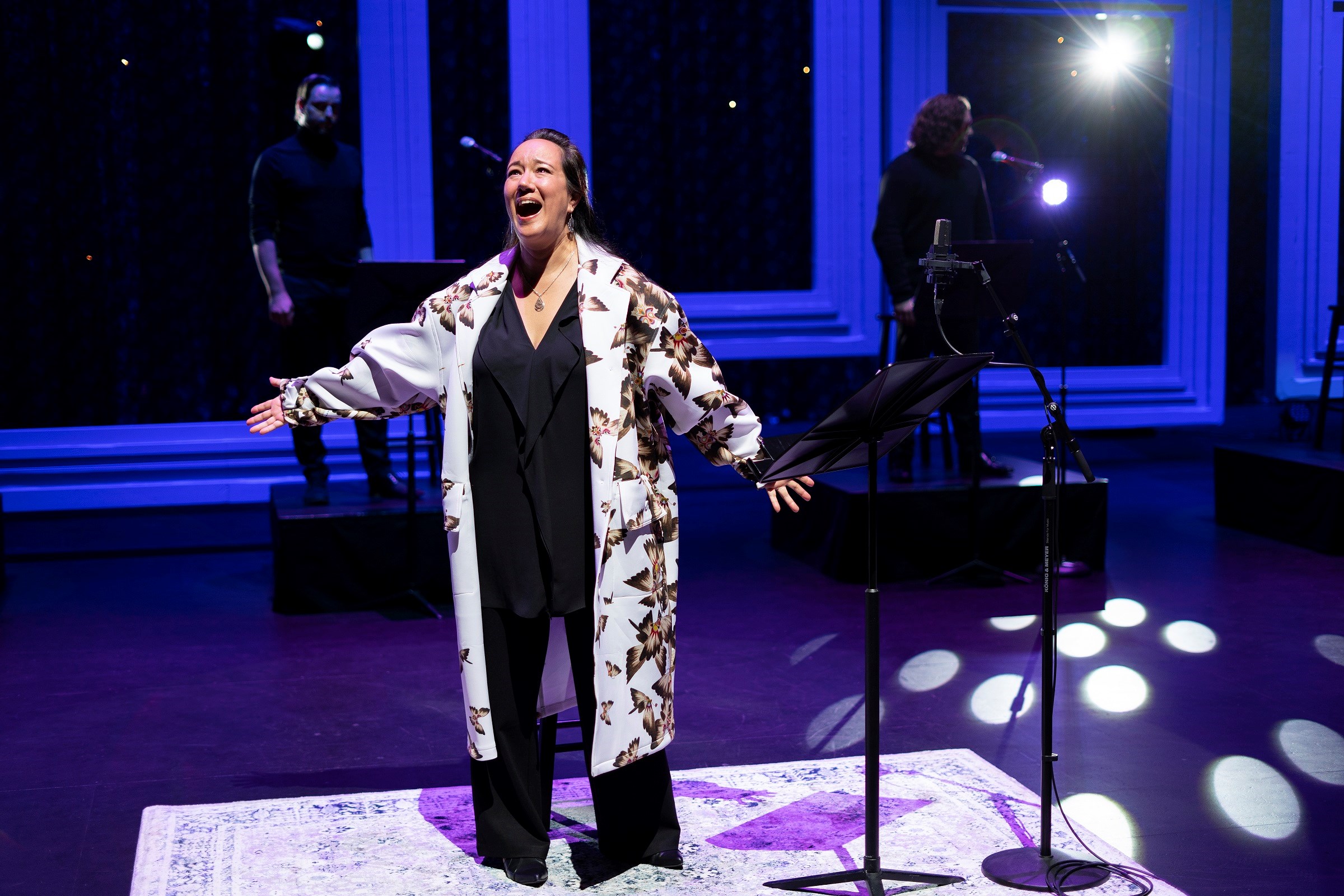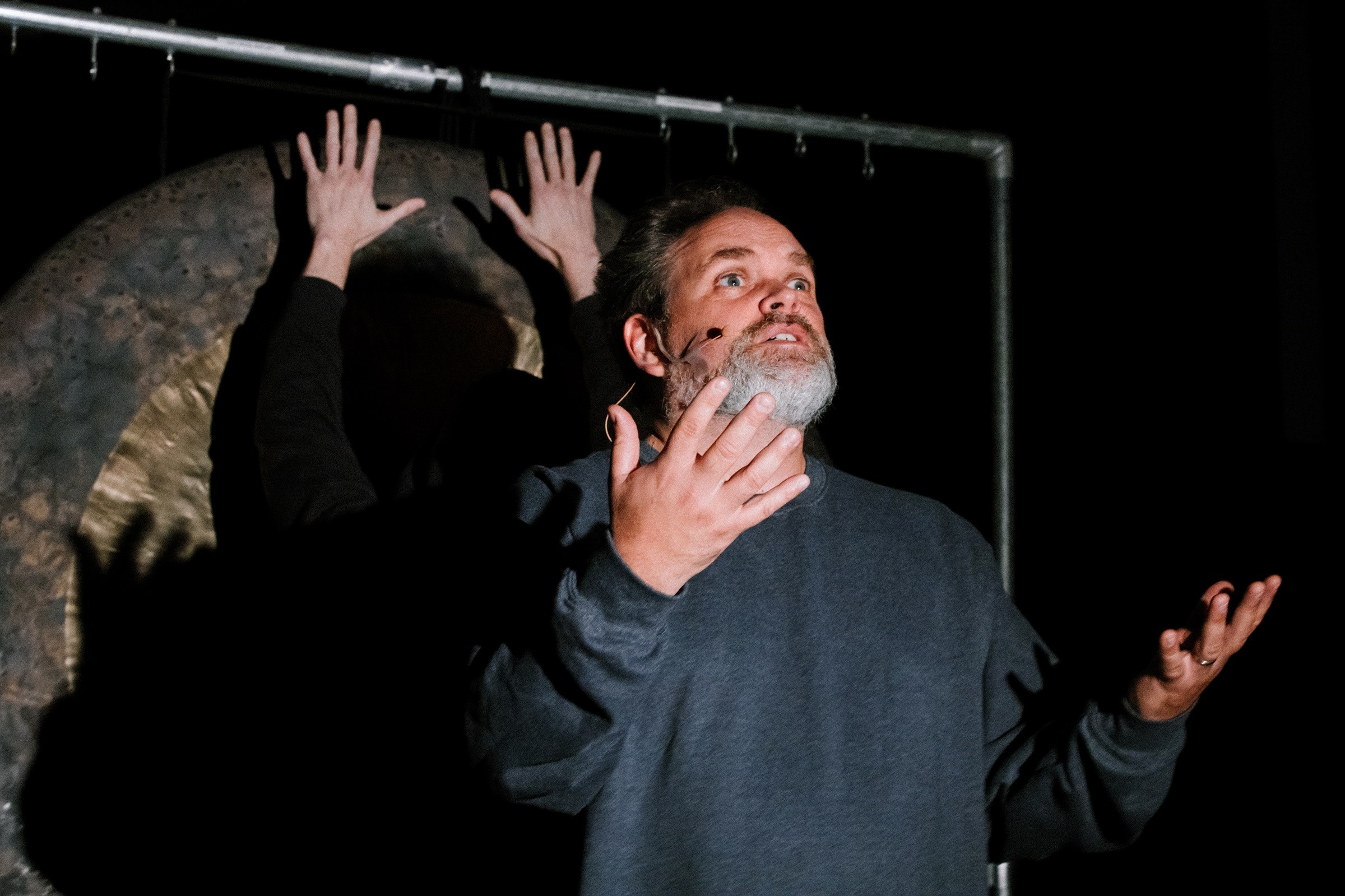Communicating Complex Emotions

Opera creators are increasingly using new works to explore topics of mental health in ways that are beneficial to audiences. Opera’s innate emotionality makes it a natural medium for conveying the depth of the distress many people in a mental health crisis feel. Productions can also act as a springboard of sorts, removing stigma and propelling people toward friends, family, and professionals who can help them through their own struggles.
Librettist and composer Tom Cipullo’s Glory Denied brings audiences into the fragile mind of a Vietnam War veteran, first in captivity, then as he struggles to reintegrate into a life, family, and world that is wholly unrecognizable. A contemporary of the Vietnam War, Cipullo remembers all too well the toll it took on veterans. The music is complex and varied in style to reflect the struggle of the thousands still battling mental health issues. “The opera has moments that are very lyrical and moments that are very dissonant and large,” he says.
The production has brought about cathartic moments at post-performance talkbacks, many of which included a psychologist. “People will just start opening up about things they experienced during the Vietnam War,” Cipullo says. “And they’ll have their spouse right next to them, and the spouse will come up to a cast member after and say, ‘He never told me that until tonight.’ It’s really thrilling that the piece has impacted people in that way.”
Composer/librettist Anahita Abbasi’s Distorted Attitudes III/Scattered, first produced by Guerilla Opera, brings the schizophrenic mind to the opera stage through a story that depicts how the body and mind of a person with the illness engage in a power duel. Abbasi was inspired to create the piece after coming across a documentary about people diagnosed with paranoid schizophrenia. “Their various behaviors, their movements, the complexity of their brains — these things all attracted my attention,” she says.
In addition to readings and consulting with experts, Abbasi undertook in-depth research about the sounds that people with schizophrenia may produce. This informed her operatic composition, as well as the atmosphere created through lighting and the distance and positioning of singers.

Edmonton Opera’s Wild Rose Opera Project is a set of four short digital works designed to spark conversations around mental health. Grover and Friends/Alarm addresses PTSD and the trauma experienced by a family that escaped the Khmer Rouge. Farmer and Dog tells the story of a gay farmer dealing with depression borne of loneliness. Indians on Vacation explores anxiety and the intergenerational trauma of residential schools. Badlands is a story of caregiving for a parent with Alzheimer’s. As part of the project, artists and creative teams were invited to share their experiences and stories through a series of interviews, with videos released the week prior to each digital premiere.
Cameron MacRae, who served as director of marketing and communications at Edmonton Opera, states that audiences have embraced these stories, which has encouraged the company to continue producing relevant work that encourages people to be open about their feelings. “Conversations surrounding mental health are increasing, but stigma still remains,” he says. “As an opera company, telling new stories about mental health can help others see that they are not alone in dealing with challenges, and help build empathy toward others in need of support.”
He believes opera is an ideal art form for this. “Opera is able to communicate complex emotions unlike any other art form, building empathy and letting the audience in on what’s happening beneath the surface of a character.”
This article was published in the Summer 2022 issue of Opera America Magazine.

Danielle Hayden
Danielle Hayden is a freelance writer based in Seattle.





